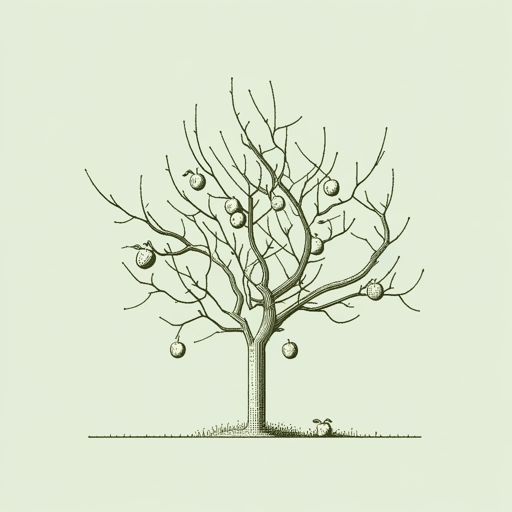20 pages • 40 minutes read
Robert FrostWest-Running Brook
Fiction | Poem | Adult | Published in 1928A modern alternative to SparkNotes and CliffsNotes, SuperSummary offers high-quality Study Guides with detailed chapter summaries and analysis of major themes, characters, and more.
Further Reading & Resources
Related Poems
“Home Burial” by Robert Frost (1914)
This is an earlier example of Frost’s dialogue poems. Unlike the more philosophical “West-Running Brook,” “Home Burial” includes a dialogue where every word, every gesture, every nuance seems freighted with unsettling realities about a marriage that neither husband nor wife want to directly confront. The husband and wife have just buried their baby and their morning conversation reveals (and conceals) multiple hints about the nature of their dysfunctional and possibly abusive marriage. This poem reveals how Frost could use the dramatic effect of dialogue to create vivid and sympathetic characters.
“Terminus” by Ralph Waldo Emerson (1867)
This poem is about time and the yearning for something eternal. Emerson was an influence of Frost and looks at the same question that Frost examines: The perplexing reality of time and its swift and unerring passage and what to do with that awareness. Emerson believed that the material universe had at its core a radiant spiritual energy, a higher good and that the world wasn’t limited to materiality.
“Contemplations” by Anne Bradstreet (1650)
Frost acknowledged his debt to the Puritan poetry of New England. In this lengthy exploration of the implications of time, Bradstreet also uses the metaphor of a swiftly flowing river, hers the Merrimack River in Connecticut.
Related Titles
By Robert Frost

Acquainted with the Night
Robert Frost

After Apple-Picking
Robert Frost

A Time To Talk
Robert Frost

Birches
Robert Frost

Fire and Ice
Robert Frost

Mending Wall
Robert Frost

Nothing Gold Can Stay
Robert Frost

October
Robert Frost

Once by the Pacific
Robert Frost

Out, Out—
Robert Frost

Putting in the Seed
Robert Frost

Stopping By Woods On A Snowy Evening
Robert Frost

The Death of the Hired Man
Robert Frost

The Gift Outright
Robert Frost

The Road Not Taken
Robert Frost

